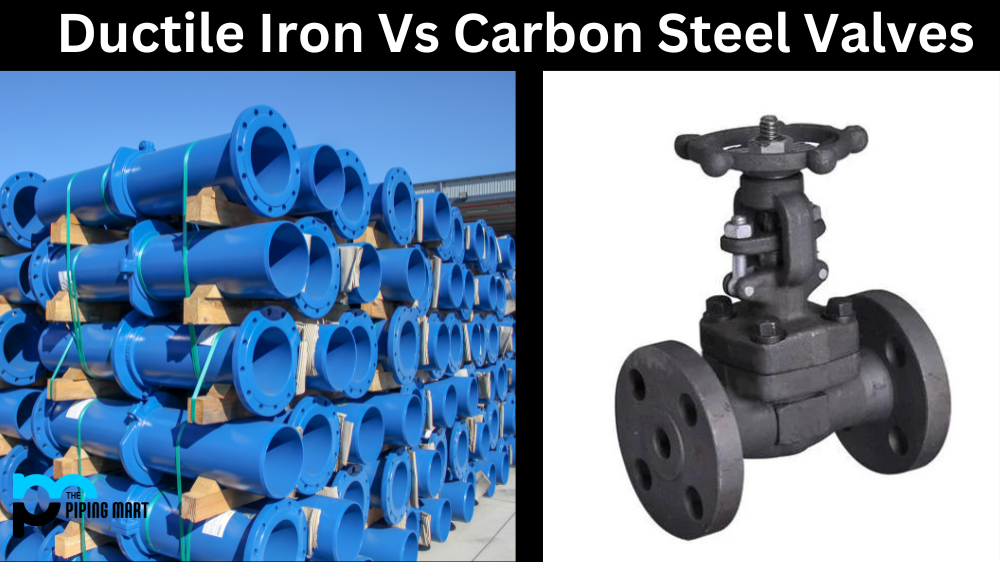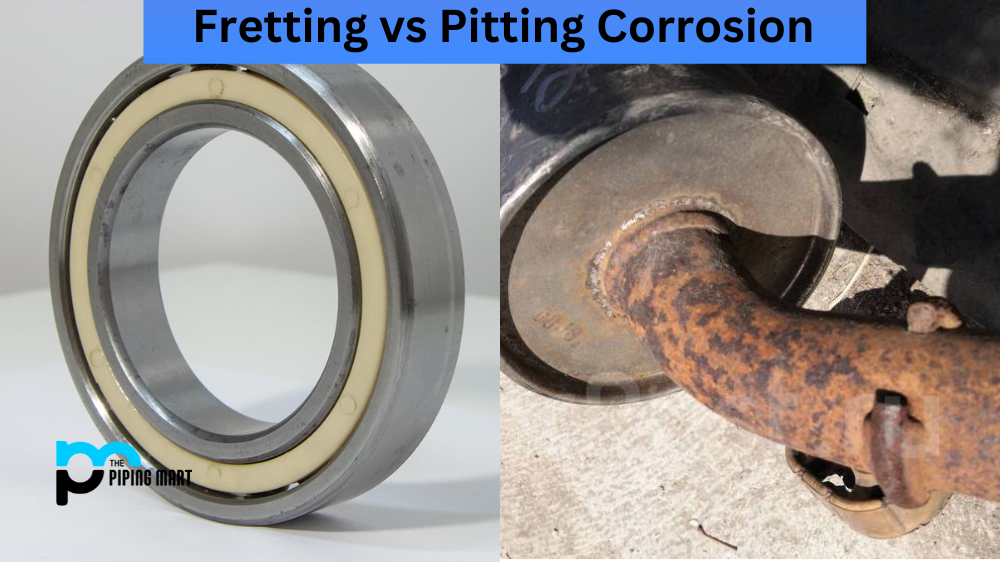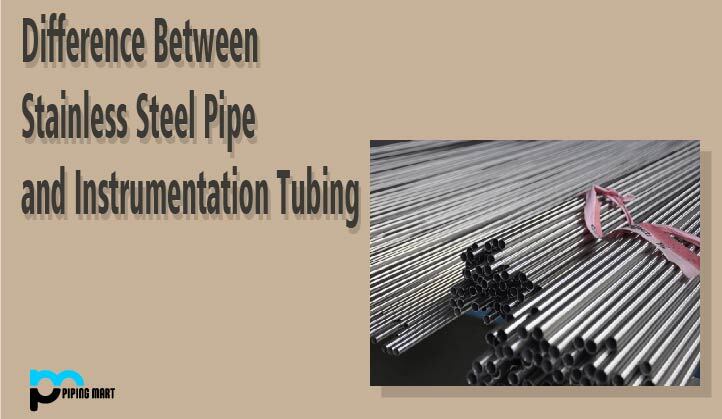When choosing valves for industrial plants, there are two popular materials often considered—ductile iron and carbon steel. Both have advantages and disadvantages depending on the type of application they are being used for. This blog post will explore these two materials and how they compare in terms of strength, durability, cost, and more.
Ductile Iron Valves
Ductile iron is an alloy made from iron ore mixed with a small amount of magnesium. It has been used in industrial applications since the mid-20th century due to its superior strength and durability compared to other metals. Ductile iron valves can resist corrosion, cracking, impact damage and temperature variations without sacrificing performance or safety. In addition, ductile iron valves are relatively inexpensive compared to other valve materials making them an attractive option for businesses on a budget.
Carbon Steel Valves
Carbon steel is an alloy made from carbon and iron ore. It has been used in industrial applications since the late 19th century due to its high strength-to-weight ratio, which allows it to withstand high temperatures and pressures without sacrificing performance or safety. Carbon steel valves are also highly resistant to corrosion but not as much as ductile iron, so they require regular maintenance to keep them functioning optimally. Additionally, carbon steel valves tend to be more expensive than ductile iron valves making them less attractive for those on a budget.
Ductile Iron vs Carbon Steel Valves – What’s the Difference
- Ductile iron valves are stronger than carbon steel valves.
- Ductile iron valves can withstand higher temperatures than carbon steel valves.
- Ductile iron valves are more resistant to corrosion than carbon steel valves.
- Ductile iron valves are more expensive than carbon steel valves.
- Carbon steel valves are more common than ductile iron valves.
Conclusion:
When choosing between ductile iron or carbon steel valves for your industrial plant, you should consider all your needs before deciding. Ductile iron offers superior strength and durability at a lower cost, while carbon steel provides greater resistance against corrosion but at a higher price point. Whether you choose ductile iron or carbon steel depends entirely on what you need from your valve material, so make sure you research before committing! For help selecting the right material for your application, feel free to reach out to Metric Marketing’s team of experts, who can guide you through the process!

A passionate metal industry expert and blogger. With over 5 years of experience in the field, Palak brings a wealth of knowledge and insight to her writing. Whether discussing the latest trends in the metal industry or sharing tips, she is dedicated to helping others succeed in the metal industry.




